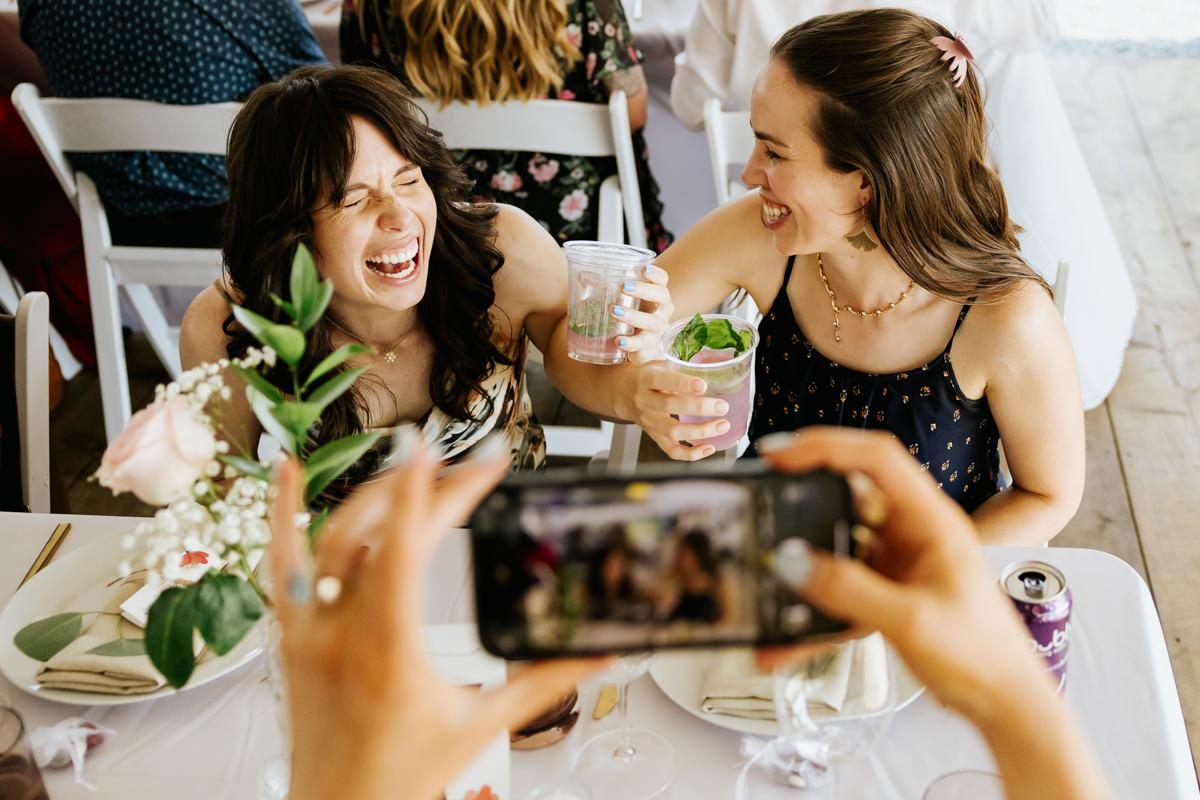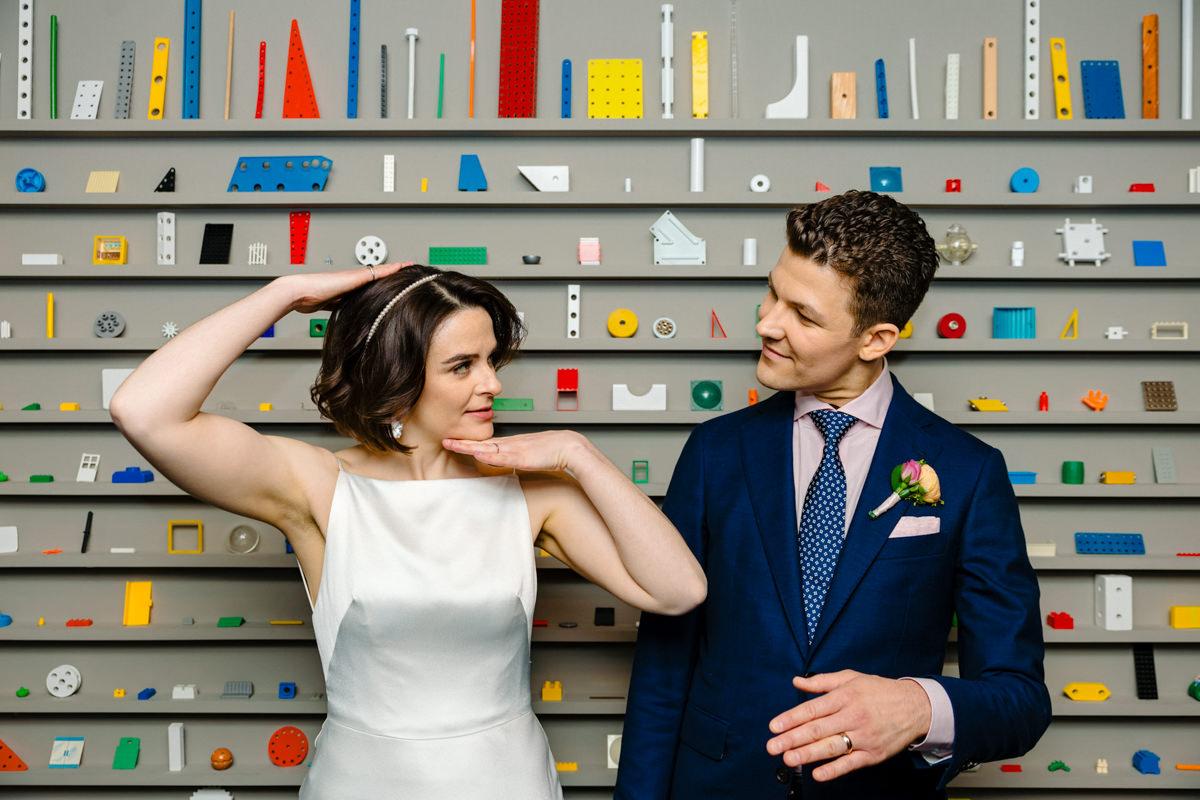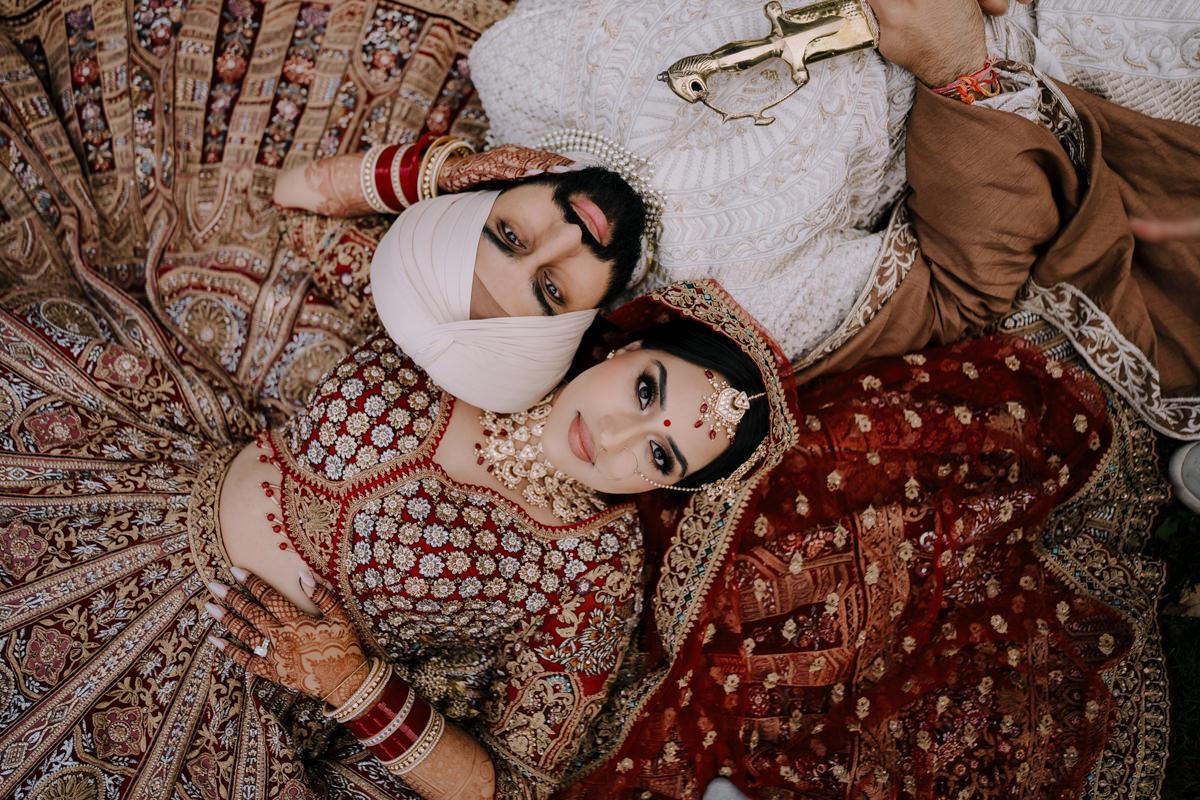A Rigid Wedding Photo Shot List Can Do More Harm Than Good
Every couple wants stunning wedding photos — the kind you’ll cry over, frame, and revisit for decades. But do you need to hand over a long, detailed shot list?
In most cases, not at all.
Photographers already know the essential moments to capture. The best photos are often the ones you didn’t plan. Here’s what’s automatically covered, when a shot list actually helps, and what to do instead.

What Photographers Already Know to Capture
Unless you've hired someone brand new, professional wedding photographers show up with a mental checklist built from years of experience. You don't need to spell out:
- Wedding attire, rings, and stationery
- Getting ready coverage
- First look (if planned)
- Ceremony from multiple angles
- Family and wedding party portraits
- Couple portraits
- Reception events (first dance, cake, speeches, parent dances)
- Emotional candid moments throughout the day
These moments are the foundation of every professional wedding gallery.
When a Shot List Actually Helps
What your photographer won’t know unless you tell them:
- Unique family dynamics — divorced parents, estranged relatives, or blended families
- Must-have family groupings — non-traditional combos or VIPs who aren’t obvious
- Important heirlooms — embroidered handkerchiefs, passed-down jewelry, or a memorial item
- Cultural or religious traditions — like a tea ceremony, ketubah signing, or smudging ritual
- Planned surprises — flash mobs, fireworks, or private vow exchanges
Providing this context helps your photographer prepare — without boxing in their creativity.
Related: What to Put in Your Wedding Day Timeline — According to Your Photographer

What to Avoid on a Wedding Shot List
Here’s where good intentions go wrong:
- Don’t send a Pinterest board with 100 must-have shots
- Don’t dictate poses or camera angles (e.g. "groom tying shoes at 10:12 AM")
- Don’t over-plan candid moments — they’re supposed to feel real, not rehearsed
Photographer Insight:
“Some of the most meaningful images we take are completely unplanned — a glance, a laugh, a tear. If we’re busy checking boxes, we can miss them.”
What to Do Instead
1. Have a Conversation
Talk with your photographer about your priorities. What do you want to feel when you look back at your photos? Focus on emotions over aesthetics.
2. Share Your Timeline
A solid wedding day schedule helps your photographer be in the right place at the right time.
Read Next: How to Plan a Wedding in Canada: Your Month-by-Month Timeline
3. Create a VIP List
Flag must-have family groupings and note any sensitive dynamics — this keeps formal portraits smooth and respectful.
Related: Photographer Horror Stories (and How to Avoid Becoming One)

A Minimal Shot List That Actually Helps
Want to write something down? Stick with this simplified list that covers what matters:
- Immediate family portraits (both sides, separately and together)
- Wedding party (individuals and full group)
- Couple portraits (romantic, candid, golden hour)
- Ceremony highlights (first kiss, guest reactions, walking down the aisle)
- Reception events (first dance, speeches, cake cutting, parent dances)
Everything else? Let your photographer do their thing.
Want a Photographer Who Gets It?
The best photographers don’t just take pictures — they anticipate moments and tell your story as it unfolds. Explore our Top Wedding Photographers in Canada to find someone who aligns with your vision.
Prefer to do more planning first? Browse our Wedding Photography Advice Blog for more real-world tips from seasoned professionals.